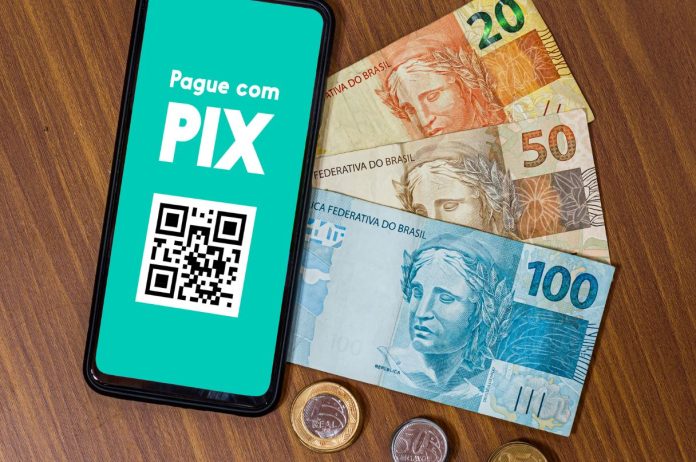Since its launch in 2020, Pix has revolutionized the Brazilian financial market, becoming the preferred payment method for millions of people. Its main advantage lies in its simplicity and speed: it allows real-time transfers, 24 hours a day, without the need for a point-of-sale machine or cash. All that's needed is a bank account and a PIX key, such as a CPF or phone number, to start using it. This practicality has brought benefits, especially for those who receive payments, like small business owners and freelancers, who can operate without additional costs or technical complications.
However, despite its popularity, Pix still faces challenges in achieving full accessibility. For those making payments, a smartphone and internet access are required, which can be a barrier for the elderly, individuals with low levels of education, or residents of rural areas. Although smartphone use and internet coverage have grown significantly, including these groups still necessitates efforts, such as digital literacy campaigns and improvements in connectivity infrastructure. Implementing solutions that allow for offline transactions, using encryption and tokenization technologies, could be a pathway to expand access. Systems like Google Pay and Apple Pay already do this, enabling payments to be initiated without the payer's active connection, utilizing the recipient's internet connection.
Security is also a constant concern. Since the first instances of lightning-quick kidnappings and robberies involving instant transfers, The Central Bank acted quickly, imposing limits on night-time transactions. This month, a R$ 200 limit was introduced for new devices not yet registered as authorized in the bank's app (this applies only to devices not in use prior to December 1, 2024). While these measures have reduced crime occurrences, they've also imposed restrictions affecting the experience of legitimate users. Finding solutions that maintain security without sacrificing usability remains a challenge.
Another critical point is prepayment scams, where fraudsters receive the payment and disappear without delivering the promised product or service. Special Return Mechanism (MED) It was created to handle these situations, enabling refunds in proven cases of fraud. While still underutilized, MED represents a significant advancement, inspired by credit card refund systems, and needs wider dissemination to gain user confidence.
A solution that could further transform the landscape is the adoption of escrow payments. In this model, the payment would only be released to the seller after the buyer confirms delivery. This would bring greater security to both parties and would be particularly useful in online transactions. Furthermore, expanding the use of tokenization in transactions would ensure that sensitive data is protected, even in offline environments, providing an extra layer of security.
Balancing accessibility and security is crucial for Pix's future. Solutions integrating technologies like biometrics, tokenization, and intermediary services can expand the system's reach without compromising user protection. Digital inclusion, in turn, is essential to reduce fraud, increase awareness, and empower more people to use Pix securely.
On the horizon, Pix still has much to offer. Near-field payments, installment plans, and automatic debit are already under development in Brazil, and already operational in similar systems abroad, such as India's UPI and Singapore's PayNow. International integration is also a possibility, with... Nexus Project, of the Bank for International Settlements (BIS) Proposing a multinational interface model to facilitate global remittances.
Pix is already an example of innovation and efficiency, but to continue leading, it needs to constantly evolve. Investing in new technologies, expanding access in less connected areas, and strengthening security are essential steps to ensure all Brazilians can enjoy its benefits with confidence and peace of mind.


